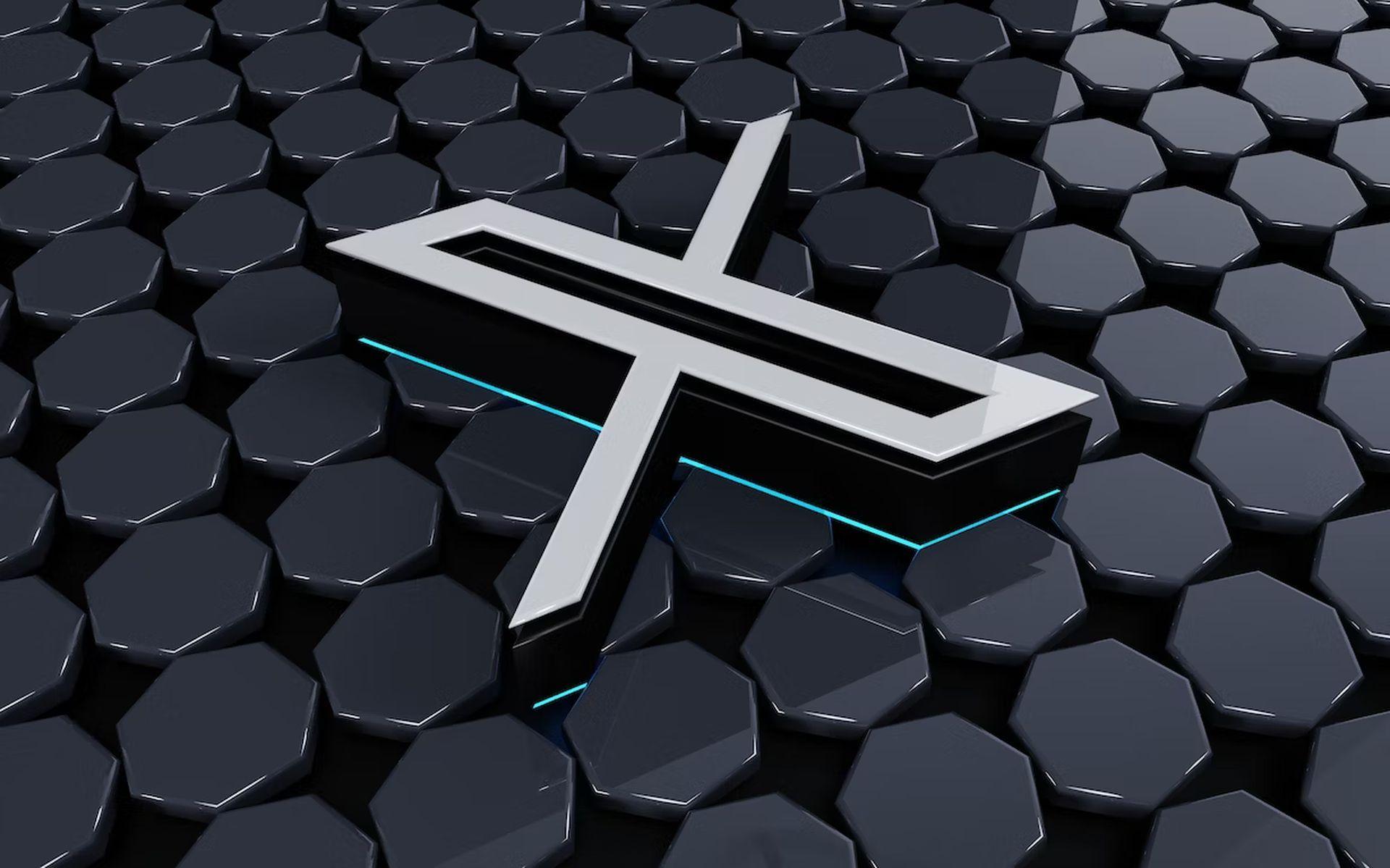“X vs PayPal”: Which will emerge as the dominant force in the ever-evolving online payments landscape? While PayPal stands as a behemoth in global online transactions, the rebranding of Twitter to “X” indicates that Elon Musk’s original brainchild could face formidable competition on the global stage.
X vs PayPal: Understanding the dynamics
Linda Yaccarino, the new CEO, echoed Musk’s vision for X to morph into a super app, reminiscent of China’s WeChat. With this transformation, a pivotal feature set for X will be centralized around banking and payment services. While the specifics of X’s financial offerings remain shrouded in mystery, drawing parallels from its inspiration, WeChat, may offer some insights.
X is the future state of unlimited interactivity – centered in audio, video, messaging, payments/banking – creating a global marketplace for ideas, goods, services, and opportunities. Powered by AI, X will connect us all in ways we’re just beginning to imagine.
— Linda Yaccarino (@lindayaX) July 23, 2023
Currently recognized as a social media giant, X’s transition into the financial realm mandates an array of prerequisites, including obtaining the appropriate licenses and developing robust software. Cementing this move, FT highlighted X’s active pursuit of payment licenses within the U.S., coupled with the development of the requisite software for their banking and payment aspirations.
However, as “X vs PayPal” becomes a trending topic, it’s crucial to understand that X’s banking vision encompasses features like peer-to-peer payments, savings accounts, and debit cards. Sound like a déjà vu moment? Absolutely. That’s primarily because numerous American financial institutions already offer these services.

While the allure of X’s financial services might not resonate profoundly with the U.S. audience, familiar with their credit cards and existing financial systems, it’s a different story in international markets. In these territories, PayPal holds a dominant position, particularly for cross-border peer-to-peer transactions.
X’s impending foray into the financial ecosystem places it amidst a bustling and intensely competitive arena, where the U.S. already boasts sophisticated financial alternatives. However, the game might shift when considering global markets, where the “X vs PayPal” debate could take an intriguing turn.
WeChat strategy might not work in the United States
Could WeChat’s model stand a chance in the U.S. landscape? WeChat’s rise to prominence was fueled by Tencent’s QQ social platform’s vast popularity. Armed with a user base of 450 million, Musk believes in the potential of transitioning a significant portion to adopt X’s financial offerings. However, it’s essential to recognize that the U.S. populace already leans on established financial services, and prior attempts by giants like Meta and Alphabet to sway them have largely faltered.
Considering that X’s primary user interaction occurs on mobile devices, it implies that its financial operations would predominantly function via smartphones. Yet, the preference for mobile payments in the U.S. hasn’t achieved widespread acceptance, even though recent trends suggest a potential shift in sentiment.

Analyzing global markets
However, when analyzing the “X vs PayPal” scenario on a global scale, the dynamics change. Musk’s X could carve a niche for itself by targeting international markets, instead of solely the U.S. Although X’s user base in these regions might not mirror the American numbers, there’s an undeniable advantage: mobile payments are the preferred choice in many yet-to-be-explored markets across Africa and Asia.
PayPal stablecoin explained
Drawing parallels with WeChat’s strategy of capitalizing on China’s unbanked population, X could channel a similar approach. Numerous individuals in developing regions lack banking services. The transition from cash-centric economies is evident, and a significant number possess at least a basic smartphone, facilitating app-based transactions.

To rival PayPal, Musk’s strategy should be impeccable. A promising avenue for X would be to facilitate online payments on platforms akin to Amazon, where the majority currently rely on PayPal or debit cards. Integrating X could simplify transactions for global vendors. Like PayPal’s structure of receiving payments and cash withdrawals via local collaborations, X can emulate this model, ensuring easy transfers to regional banks.
The silver lining for X in the “X vs PayPal” competition? Its millions-strong active user base and potential PayPal users seeking alternatives, paving a smoother path towards its global financial ambitions.
Bottom line
In the “X vs PayPal” discourse, it’s intriguing to note that both platforms boast roughly equivalent active user counts. This potential maneuver by Musk, venturing into a territory once dominated by PayPal—ironically, one of his pioneering ventures—could significantly disrupt the status quo and pose substantial challenges to PayPal.
Featured image credit: rupixen.com/Unsplash






